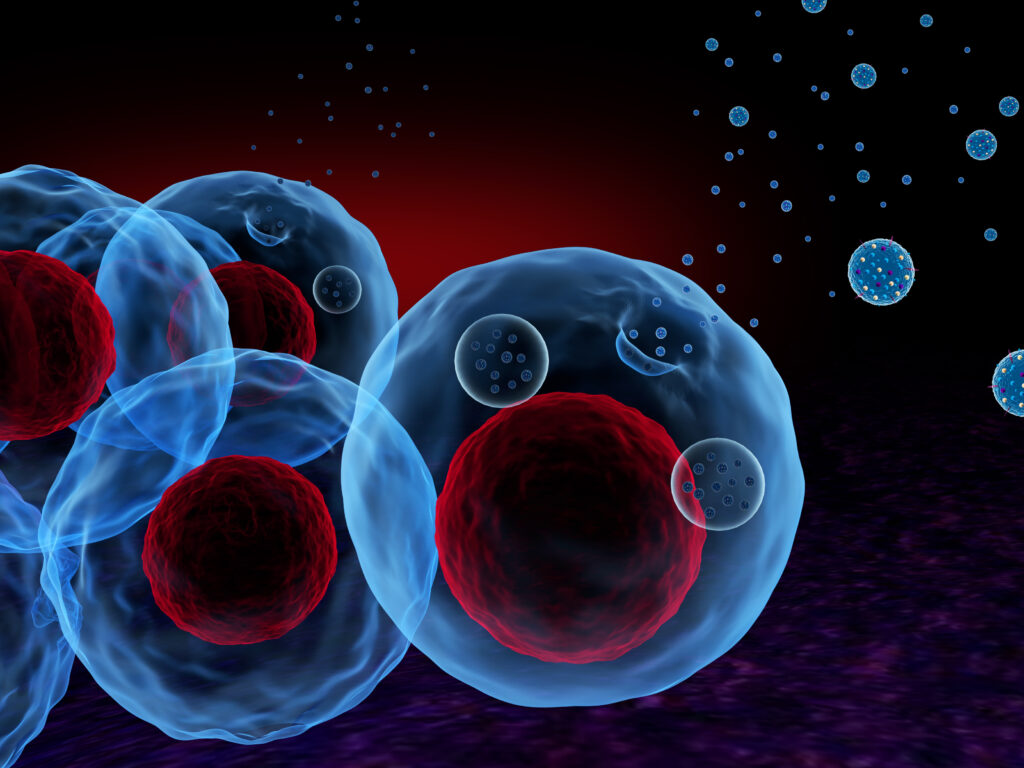Hydroxycamptothecin (HCPT) is a chemotherapeutic agent frequently used in the treatment of liver cancer. Despite its therapeutic potential, HCPT faces significant challenges in clinical application due to its low water solubility and poor stability. Recent advances in exosome research have opened new avenues for drug delivery, particularly for challenging targets like liver cancer.
Exosomes, which are naturally occurring vesicles with a unique phospholipid bilayer structure, have the ability to traverse tissue barriers. This property gives them a distinct advantage as drug carriers. However, one of the major hurdles in utilizing exosomes for targeted therapy is ensuring their safe and efficient delivery to the intended target cells.
In a groundbreaking study conducted by Qiongjun Zhao, Zixuan Mo, Liuting Zeng, Yue Yuan, Yan Wang, and Ying Wang from the School of Chinese Materia Medica at Guangdong Pharmaceutical University, innovative methods were employed to enhance the delivery of HCPT to liver cancer cells. The research team harnessed the affinity of the SP94 peptide for human liver cancer cell receptors. By coating HCPT with exosomes and modifying the exosome membrane with the SP94 peptide, they aimed to facilitate targeted drug delivery specifically to liver cancer cells.
The researchers purified exosomes from bone marrow mesenchymal stem cells and employed post-insertion techniques to attach the targeted peptides to the exosome surfaces. HCPT was then incorporated into these exosomes using electroporation. This approach allowed for a focused delivery of HCPT to the HepG2 hepatoma cell line, which served as an in vitro model for studying pharmacodynamics.
In their experiments, the team evaluated pharmacokinetics and tissue distribution through animal models. The results were promising. The ligand-targeted, modified drug-carrying exosomes significantly improved drug bioavailability and prolonged retention times in vivo, leading to enhanced liver targeting. This innovative delivery system not only reduced the nephrotoxicity commonly associated with HCPT but also amplified its anti-tumor efficacy.
The findings of this study represent a significant advancement in the development of novel liver cancer-targeting agents. By utilizing exosomes as a delivery vehicle, the researchers have paved the way for improved therapeutic strategies that could potentially transform the landscape of liver cancer treatment. The work of Zhao, Mo, Zeng, Yuan, Wang, and Wang demonstrates the exciting potential of combining biotechnological innovations with traditional pharmacological approaches to address one of oncology’s most pressing challenges.
In conclusion, the integration of exosome technology in drug delivery represents a promising frontier in cancer therapy, particularly for patients battling liver cancer. As research continues to evolve, it is hoped that such advancements will lead to more effective and safer treatment options for those affected by this devastating disease.


